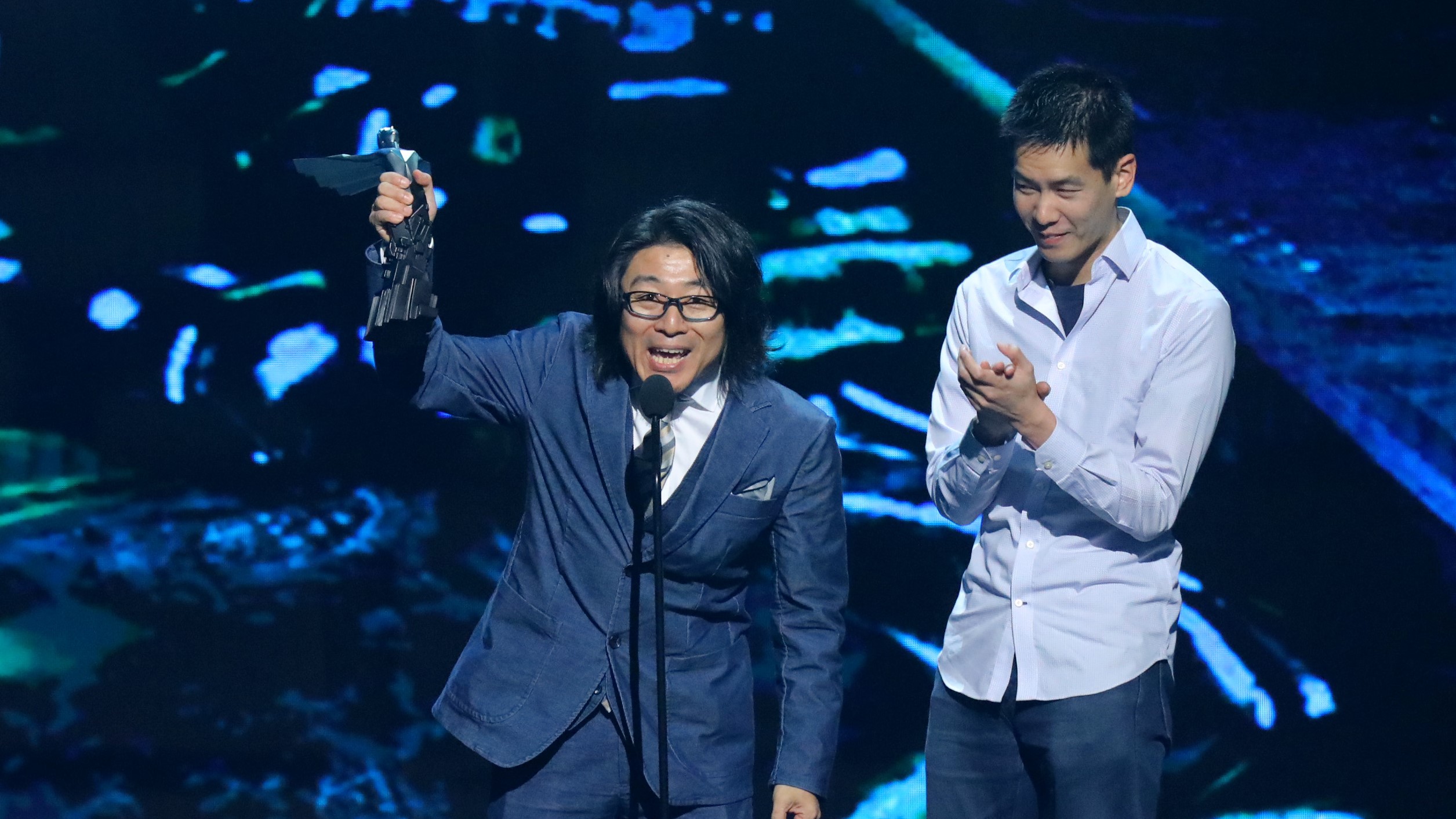Dragon's Dogma 2 was the sign-off for Capcom legend Hideaki Itsuno, who's leaving to do his own thing after three decades at the top
One of the key figures behind Capcom's best-in-class fighting and action games.

Capcom veteran Hideaki Itsuno has announced his departure from the Japanese videogame giant, after over 30 years as a senior member of its development staff. Itsuno is best-known for his work on the Devil May Cry series, created by Hideki Kamiya but arguably reaching its peak with the Itsuno-directed Devil May Cry 3, and Dragon's Dogma, Itsuno's own dream game with the sequel turning out as his last major project for Capcom.
"At the end of August 2024, I will be leaving Capcom after 30 years and 5 months," Itsuno posted on social media. "Thank you for your long-term support of the games and characters I have been responsible for. I hope you will continue to support Capcom’s games and characters."
Itsuno goes on to say that he's not done with games yet, but is off to do his own thing. "From September, I will start developing a new game in a new environment. I hope to create fun, beautiful games that are as memorable as, or even more memorable than, the ones I have created so far."
Itsuno has certainly been involved with some memorable games. A fighting game enthusiast, he joined Capcom on that basis (as well as because the office was an easy commute) and his star rose swiftly: The earliest glimpse of Itsuno's talents came in 1995's excellent Street Fighter Alpha, which he co-directed. Itsuno would play a key role in Capcom's fighting games over the next decade, directing and co-directing entries in the Rival Schools, Capcom vs SNK, Darkstalkers and Power Stone series.
The one wobble in Itsuno's career was when he was assigned to a salvage operation: Devil May Cry 2. This sequel had few of the original game's developers working on it, and was mishandled from the start, with Itsuno brought in at the latter stages to try and make something of a project that was a total mess. Itsuno did not appreciate the assignment but, nevertheless, drove the team and called in every company favour he could to get the game over the line:
"The final days of development on DMC 2 were wild," recalled Itsuno in 2013's Devil May Cry: Graphic Arts. "I joined the team right near the end, as the deadline was approaching, and it's no exaggeration to say that every available staff member was mobilized. They even recruited non-team members such as myself. [...] DMC 2 just yanked out all these members from other teams who had been busy working on their own projects."
Itsuno ended up credited as DMC2's director, and his dissatisfaction with the game saw him request to lead development on Devil May Cry 3 from the start. The result was one of the best hack-and-slash games ever made, a gloriously fluid 3D fighter with an extensive and complex combat system that rewarded player experimentation. It also made Dante cool again after the emo disaster of DMC2, but that's by-the-by.
The biggest gaming news, reviews and hardware deals
Keep up to date with the most important stories and the best deals, as picked by the PC Gamer team.
Itsuno would go on to direct DMC4 and DMC5, as well as overseeing Ninja Theory's unfairly maligned DmC. After DMC4 Itsuno got the chance to develop one of his original ideas, a medieval fantasy RPG with a Greco-Roman bestiary and stylings. Dragon's Dogma pioneered things like the pawn system but most importantly was a meaty RPG world where the combat was Capcom quality.
Itsuno is one of the developers most responsible for Capcom's various styles of action and fighting games being the gold standard. His work extended well beyond the above titles too, and he leaves having led development on several games that are among the best examples of their genre. Dragon's Dogma 2 was released in March this year, Itsuno's final bow at Capcom, and as our review says "this is a game that will be talked about for a long time." Who knows what's next for Itsuno, but I do know this: It won't be boring.

Rich is a games journalist with 15 years' experience, beginning his career on Edge magazine before working for a wide range of outlets, including Ars Technica, Eurogamer, GamesRadar+, Gamespot, the Guardian, IGN, the New Statesman, Polygon, and Vice. He was the editor of Kotaku UK, the UK arm of Kotaku, for three years before joining PC Gamer. He is the author of a Brief History of Video Games, a full history of the medium, which the Midwest Book Review described as "[a] must-read for serious minded game historians and curious video game connoisseurs alike."

